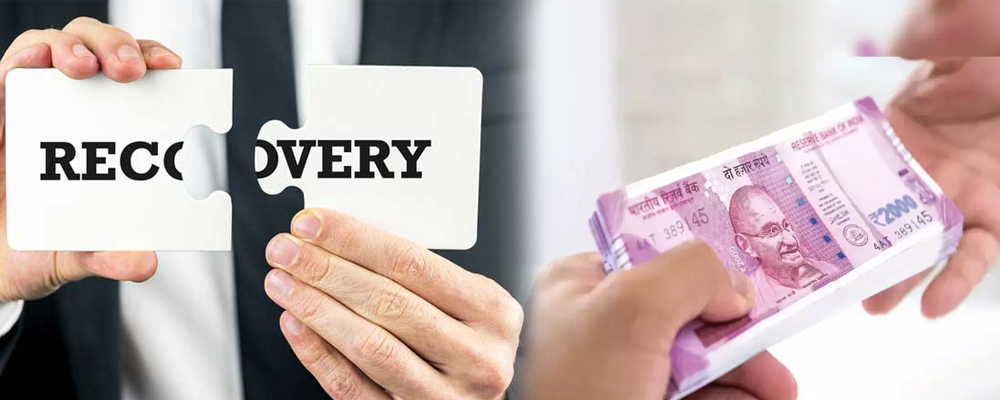to recover a debt from a debtor, filing a suit is one of the most effective and efficient ways. Thus, filing a lawsuit in the court of competent jurisdiction is the civil remedy for recovering the money from the defaulter.
The suit is filed under the Order IV of the Code of Civil Procedure, 1908.
Limitation Period:
The time period to file a suit for the recovery of money is 3 years from the date when the issue arose. However, any delay in filing the suit could be condoned and is subjected to the discretion of the Court.
Where is the Suit for Money recovery filed?
The jurisdiction for the money recovery suit can be the Court under whose jurisdiction the defaulter belongs to and the amount of money in question which has to be recovered.
The Jurisdiction of the Court based on the pecuniary value or the amount of money can be decided as-
In Delhi,
- Suits amounting from Rs. 1-20,00,000 can be dealt by the District Courts.
- Suits Above Rs. 20,00,000 are dealt by the Delhi HighCourt.
Legal Provisions-
- First of all, a notice has to be sent to the defaulter, expressing your intention to move the Court for the recovery of the debt.
Lead India provides apt assistance as well as legal assistance in sending such legal notices, as well as dealing with the suits involving recovery of money.
- If the debtor responds with an appropriate answer in accordance to your satisfaction, you can go for negotiations. However, if the defaulter does not reply or the reply is not to your satisfaction you can continue with filing the suit.
First of all let’s understand the laws involved-
Order 37 of the CPC-
Summary Suit- applies to suits for recovery of money which arise from the written agreements. They could be promissory notes and contracts, bills of exchange or cheques, etc. if the matter involves recovering of pending dues concerning penalties or any other uncertain amount one cannot file a summary suit.
Order 37 of the CPC requires the borrower to file a summary suit, and it is the most common remedy for debt recovery. The defaulter has 10 days from the date the suit is filed and summons are given to appear, ifnot the Court assumes the claims of the plaintiff as valid and awards in the favour of the plaintiff.
Negotiable Instruments Act,1881-
Deals with the recovery of money arising from instruments such as bills of exchange, or cheques. Section 138 explains the procedure to deal with the issues of cheque bounce. Here, a legal notice is sent to the defaulter within a period of 30 days of receiving the cheque return memo. If the defaulter fails to make fresh payment within 30 days of receiving the notice , the payee can file a criminal suit against him.
India Penal Code,1860-
A case of criminal breach of trust is filed under the IPC .
- Insolvency and Bankruptcy Code, 2016
- Indian Contract Act, 1872
- Companies Act,2013
Out of Court Settlement-
The fastest and most economical way to recover the pending amount is through out of court settlement through procedures such as arbitration, mediation or conciliation, if both the parties have agreed to it. If the matter is referred in arbitration, the arbitrator hears both the parties and passes the award which is binding on both the parties. An appeal can be filed challenging the award-
- If the award is invalid
- If the defendant was not provided with adequate time to present his case
- If the notice was not given to the defaulter regarding the appointment of the arbitrator.
The procedure for recovery of debt could be handled easily if you have proper legal assistance as well as professional advice guiding you through the whole process, in which Lead India could help you. We have a dedicated team of experienced advocates who have successfully dealt with the same cases.





 Talk to a Lawyer
Talk to a Lawyer